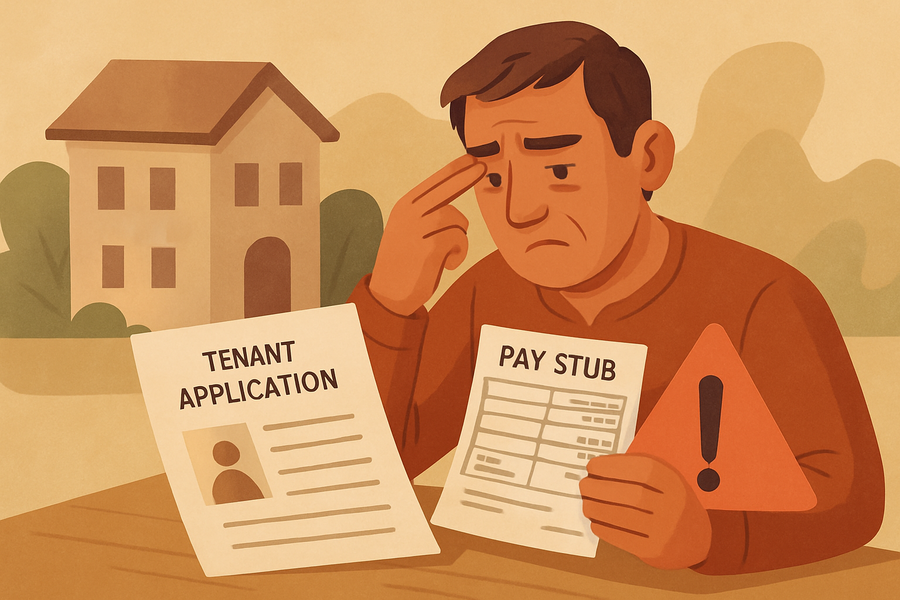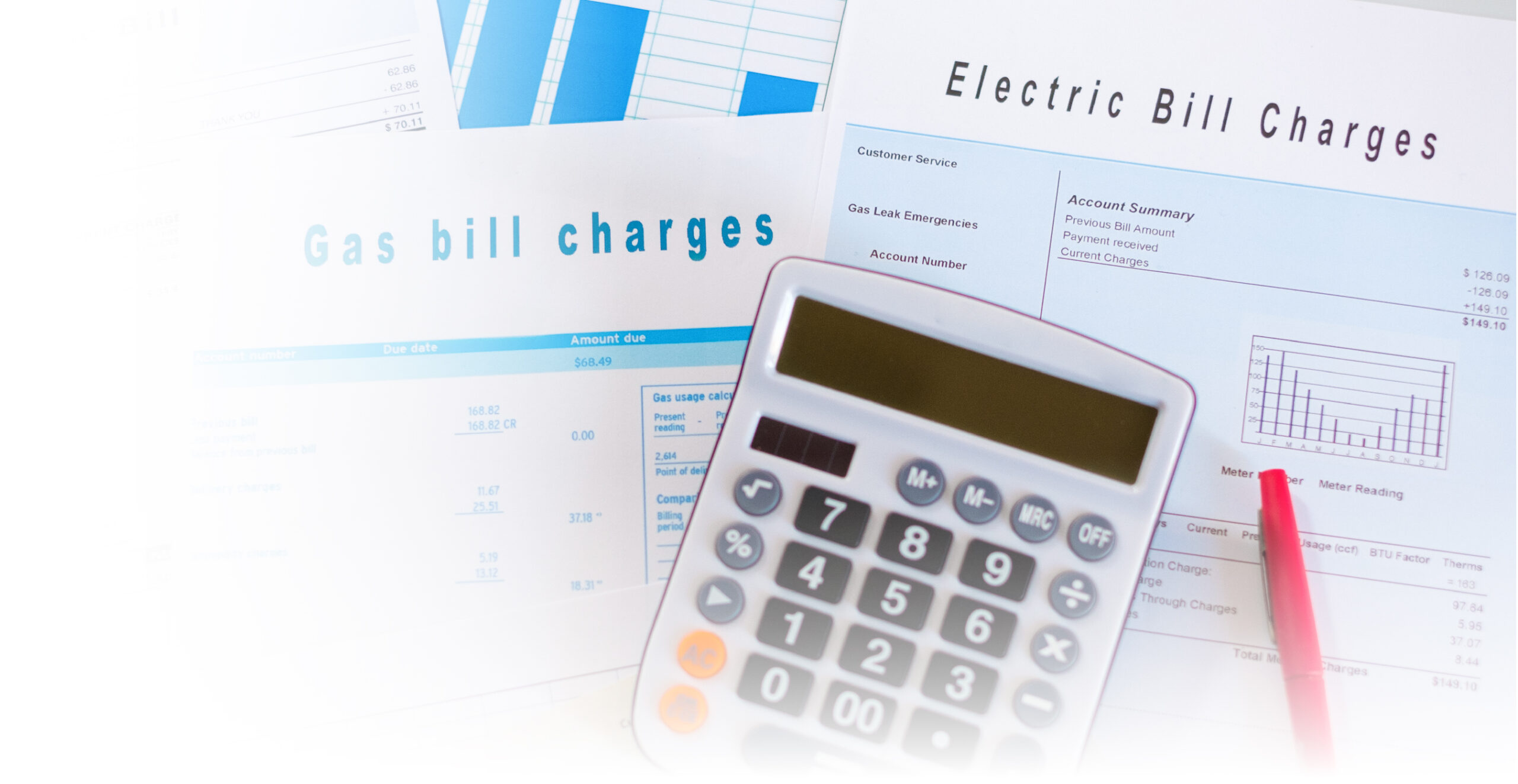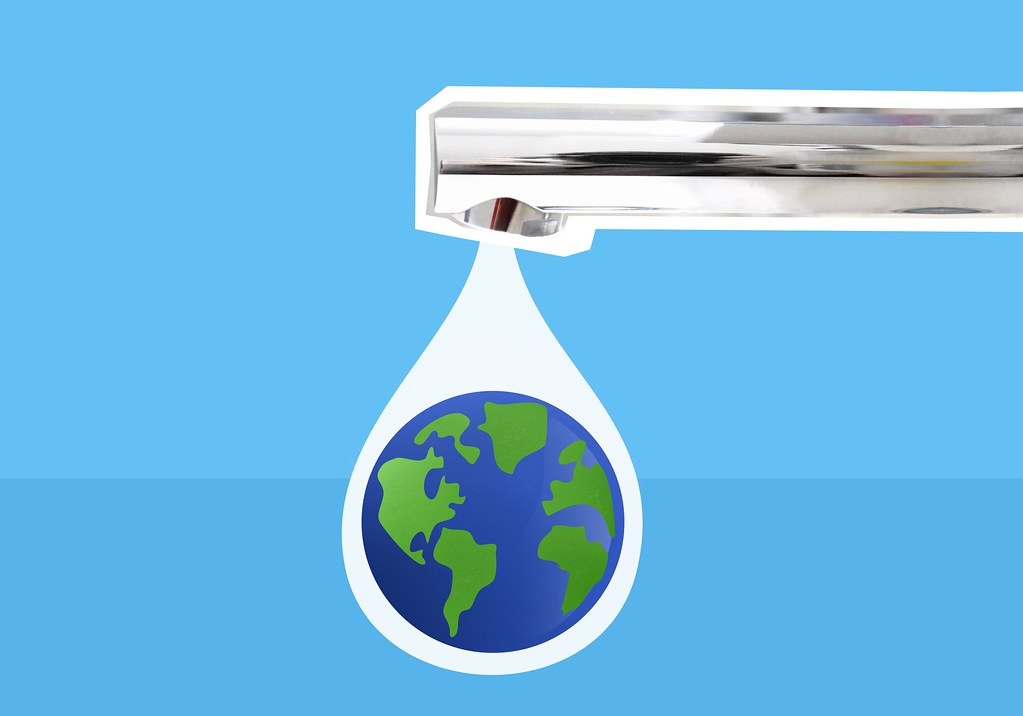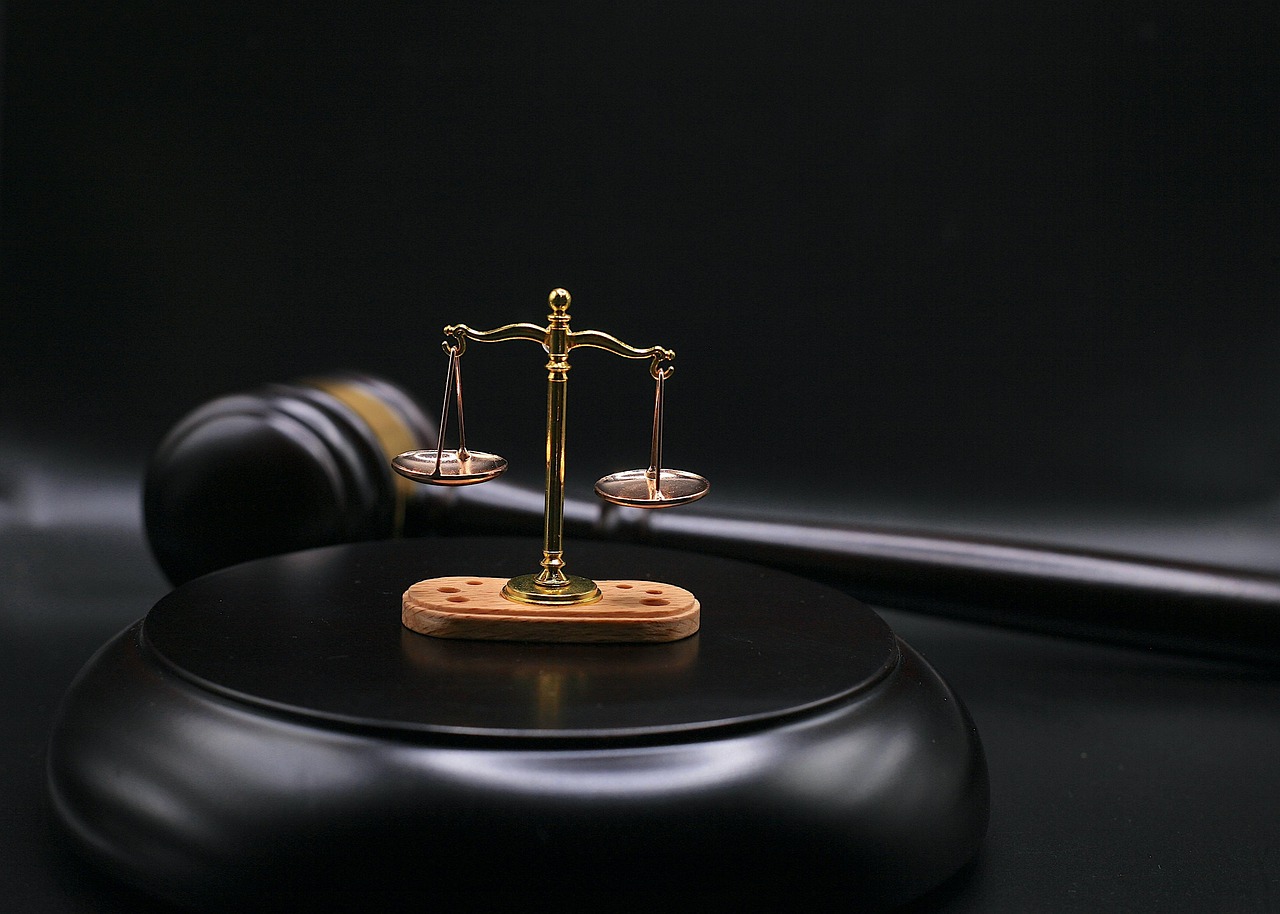How To Handle Property Inspections for Occupied Units
 As the owner of rental properties, whether it be one or multiple units, annual inspections are a vital part of the process. Sometimes, you might have a long-term tenant that religiously renews that lease year after year – and you appreciate that. However, unless you employ a property manager to handle daily operations, property upkeep is your responsibility and you’ll need to perform the occasional inspection while a unit is still occupied.
As the owner of rental properties, whether it be one or multiple units, annual inspections are a vital part of the process. Sometimes, you might have a long-term tenant that religiously renews that lease year after year – and you appreciate that. However, unless you employ a property manager to handle daily operations, property upkeep is your responsibility and you’ll need to perform the occasional inspection while a unit is still occupied.
After all, you can’t fix things when you’re unaware of their current condition, making property inspections during tenancy sometimes unavoidable. Here are some tips concerning the do’s and don’ts of approaching that annual inspection when the time rolls around, even if tenants have previously approved of your right to handle the task within your rental or lease agreement.
Do Give Notice Prior to Inspections
Unless you suspect your current tenant of violating current restrictions or policies within their lease such as unapproved residents or pets, current tenants appreciate you giving notice before inspection. Even if the worst they have to hide is dirty laundry or dust, unless you’ve stipulated the potential for surprise inspections in your lease agreement, the law mandates advanced notice unless a local law or ordinance is being broken.
Do Encourage Resident Presence During Property Inspections
More importantly, you should encourage at least one primary leaseholder to be present during your inspection. This could prevent any accusations of theft or mischief down the line, and it will also give you the opportunity to ask the tenant about any potential problems with appliances, systems, or concerns about the unit. Residnets are often very willing to open their homes to you just to catch your ear about a needed repair or suggestion.
Do Let Residents Understand Why You’re Doing the Inspection
Is that tile chipped in the bathroom? Is the kitchen faucet leaking? How about servicing that HVAC system? Structural integrity and appliance and systems check are a part of homeownership, whether you lease or rent it or not. Let your tenant know the reasons for your visit, and that it is a routine event both for their benefit and yours.
Don’t Take Photographs Indoors of Personal Items
You may only intend to get that sagging windowpane, but you accidentally got part of the mantle that features family photos. Unlike a vacant home, occupied rental property inspections have certain rules, and taking photos of identifiable personal items like pictures, computers, valuables, pets, or people is a no-no.
Don’t Engage in Face-to-Face Confrontations with Residents about Issues
As the owner, steam may be coming from your ears if you make an inspection only to find your property is being neglected in some way. It’s important to visually and physically document such issues, but it’s equally essential to address such problems with your resident – in writing. Verbal confrontations could lead to your tenant skipping out on you, bad mouthing your reputation as a renter, or even legal troubles down the line. Keep your notifications formal and in writing if problems surface during your property inspection.
Whether annual, interim, or spot inspections are on the agenda for your rental properties, keep these do’s and don’t in mind to keep tenants happy and to ensure you’re acting in accordance with renter’s legal rights.
 |
Appfolio | Company Website | LinkedIn Connect |
AppFolio, Inc. develops Property Management Software that helps businesses improve their workflow so they save time and make more money. Appfolio submits articles & blogs including topics of Resident Retention, Improved Owner Communication, Time Management, and more. |








